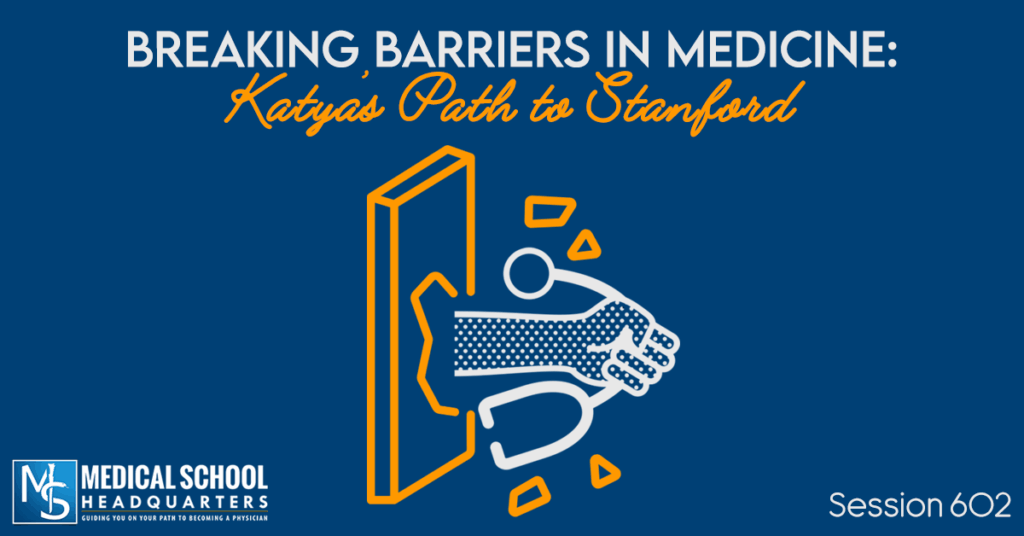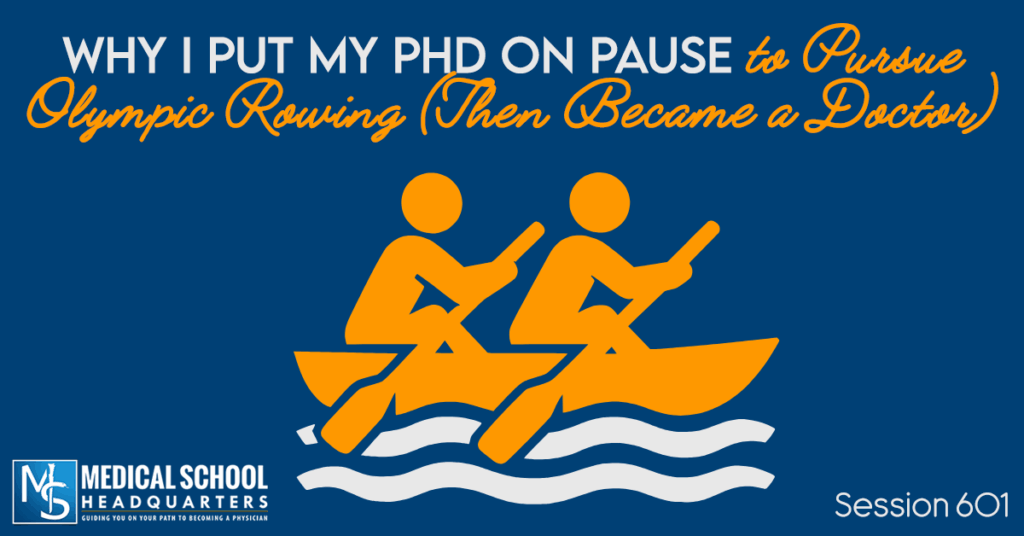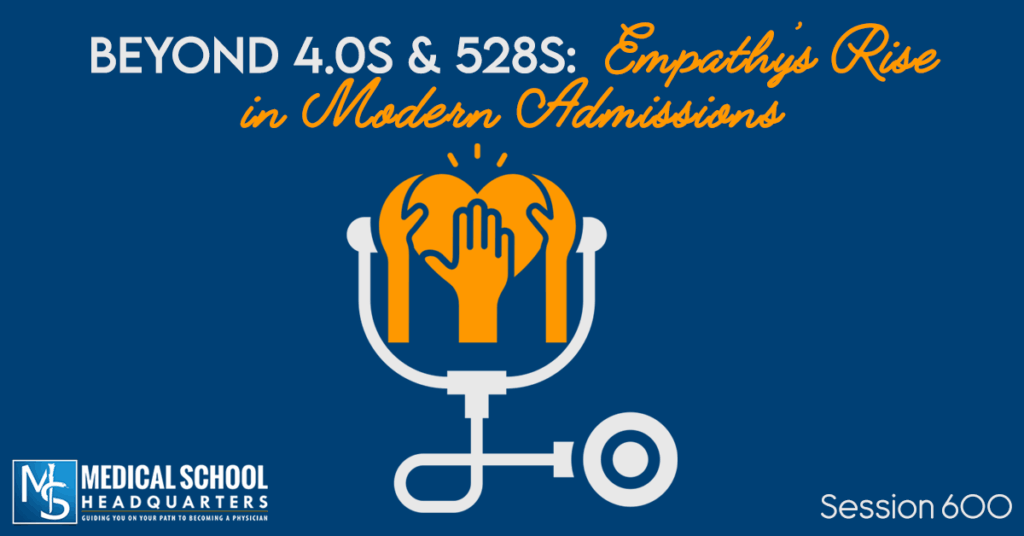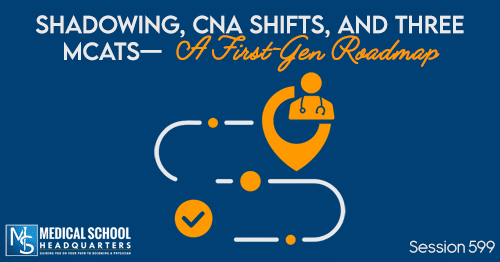What Are the Core Competencies?
The AAMC core competencies are the closest you can get to answering what kind of student admissions committees are looking for. Don’t treat it as a step-by-step list of how to become the perfect applicant. That’s not the intention of the core competencies, and it won’t serve you.
There are 15 core competencies divided into four categories: Interpersonal, Intrapersonal, Thinking and Reasoning, and Science. Even though AMCAS also provides 15 slots for your activity descriptions, don’t try to find one activity for each competency.
Interpersonal Core Competencies
The interpersonal competencies include:
- Service Orientation
- Social Skills
- Cultural Competence
- Teamwork
- Oral Communication
When admissions committees evaluate your interpersonal skills and attributes, they want to see that you have a drive toward serving others. They also want to know that you work well in a team. Part of working in a team is communicating with other members, and for that reason, oral communication and social skills are included under this category.
Intrapersonal Core Competencies
The four intrapersonal competencies include:
- Ethical Responsibility to Self and Others
- Reliability and Dependability
- Resilience and Adaptability
- Capacity for Improvement
Medical schools want to see that you can grow and change through hardship because you will inevitably face challenges during medical school and residency. During your education and training, you may encounter personal challenges, such as family illness, loss, or mental health difficulties. Even without external factors making the path more difficult, medical education and training are grueling, and you will need to know how to keep going despite this.
Thinking and Reasoning Core Competencies
These include:
- Critical Thinking
- Quantitative Reasoning
- Scientific Inquiry
- Written Communication
It’s likely obvious that you need to have well-developed reasoning skills to learn the material presented in medical school effectively. These skills will be essential as you develop clinical judgment. Understanding the basic sciences behind a disease will not be enough to consider all of the practical factors affecting this specific person’s course of illness. These reasoning skills will also support your ability to evaluate a situation and make the most ethical decision based on the available information. You can see that these competencies support your ability to fulfill the intrapersonal qualities expected of you.
Science Core Competencies
These are divided into:
- Living Systems
- Human Behavior
This doesn’t mean that you need to be the best science student in the world to be a good medical student and physician, and it also doesn’t mean that skill in science alone is enough. It means that you need to understand science and have skills in learning new things to get through the medical school curriculum. The things you’ll learn include both the basic sciences like biochemistry and clinical science like diseases processes and the function of organ systems. You need to be comfortable with both aspects to gain a complete understanding of medicine and the human body.
How to Use the Core Competencies in Your Application
You can’t and shouldn’t live and die by what you think admissions committees want from you; it won’t benefit your application and will make you miserable. Who you already are is good enough. If you take the time, you spend in college, and as a premed as an opportunity to grow and learn, you will hopefully grow into someone who meets at least some of these competencies.
Instead of seeing the core competencies as a task list to be completed throughout your years of education, they are best used, in our opinion, as a way to evaluate your readiness to apply. Look through them and ask yourself if you have shown these through your personal qualities and experiences. You may also refer to these as you write your activities descriptions and choose to highlight a story in which you demonstrate one of the core competencies.
Final Thoughts
The AAMC has a published guide to the core competencies that you can use as a tool for self-reflection and taking notes on some activities or events that allowed you to demonstrate these attributes. You can download the guide and see other students’ stories about using the core competencies here.
The core competencies aren’t instructions, and they aren’t rules. They’re tools that you should use in the way that best serves you. They are most useful as a self-reflection tool in deciding if you’re ready to apply. If you find yourself falling short in many areas, don’t take it as a sign that you’re not cut out for this. Take it as a sign to get more experience. If you try new things, you’ll change and grow, which will hopefully allow you to become ready to enter medical school and face all that comes with it.
Core Competencies for Entering Medical Students
Real Stories Demonstrating Core Competencies
Premed Playbook Guide to the Medical School Application Process









